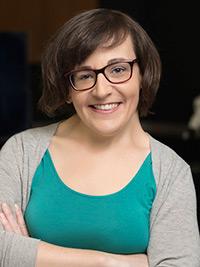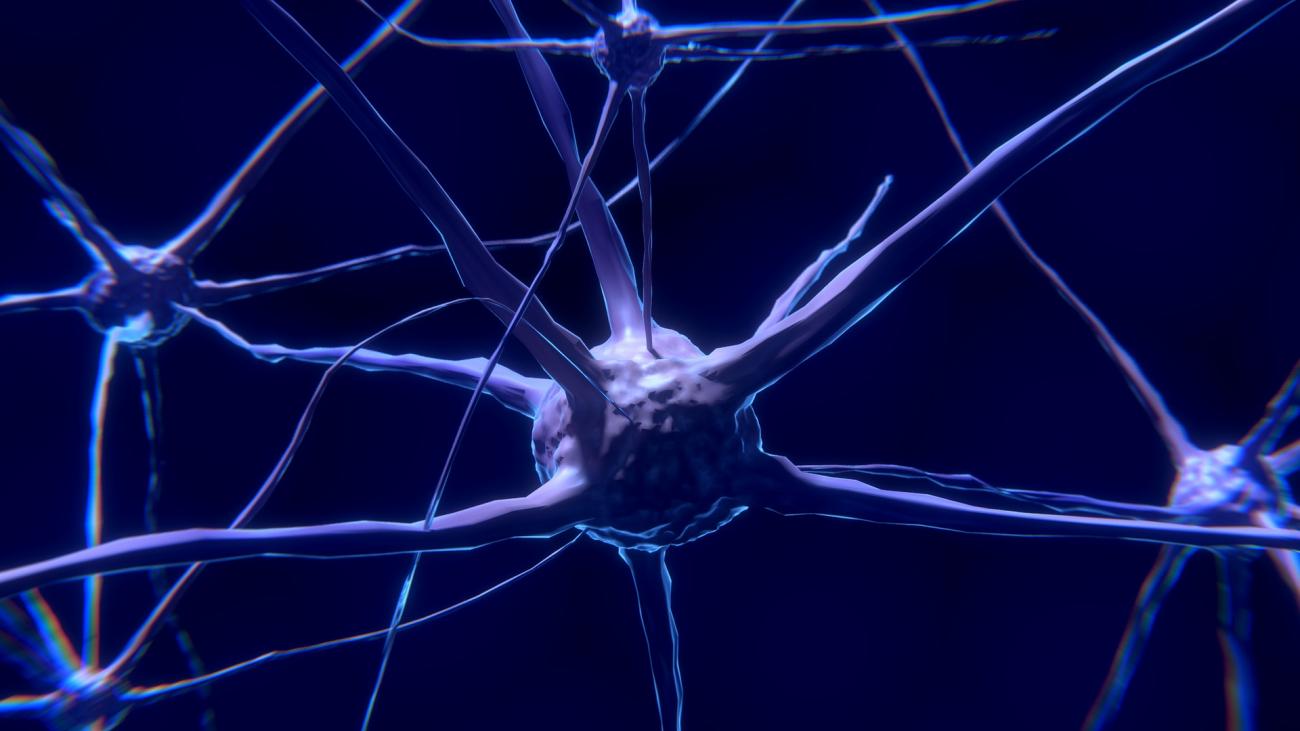Title: Shaping and optimizing learning in brain-machine interfaces
Brain-machine interfaces (BMIs) change how the brain sends and receives information from the environment, opening new ways to treat neurological disorders and study brain function. For instance, motor BMIs directly map neural activity to the movements of an external device to restore movements to paralyzed people. Recent work highlights that BMIs do not simply “decode” subjects’ intentions—they effectively create a new motor system the brain learns to control. This observation changes the engineering problem for clinical BMIs. Insights into sensorimotor learning and control in BMIs will be critical for improving BMI performance and usability, and may also shed light on basic principles of neural computation. In this talk, I’ll first present a study where we leveraged the unique properties of BMI to probe the roles of feed-forward and feedback sensorimotor control in BMI. Our study sheds light on sensorimotor control mechanisms, and in turn led to state-of-the-art neural interface performance. I'll then discuss the role of learning in motor BMIs and some new directions developing tools to actively shape or "engineer" brain learning and neural encoding across large cortical areas to optimize BMI performance.
Dr. Orsborn is a Clare Boothe Luce Assistant Professor of Biosystems at the University of Washington.
NACS Seminars are free and open to the public.




